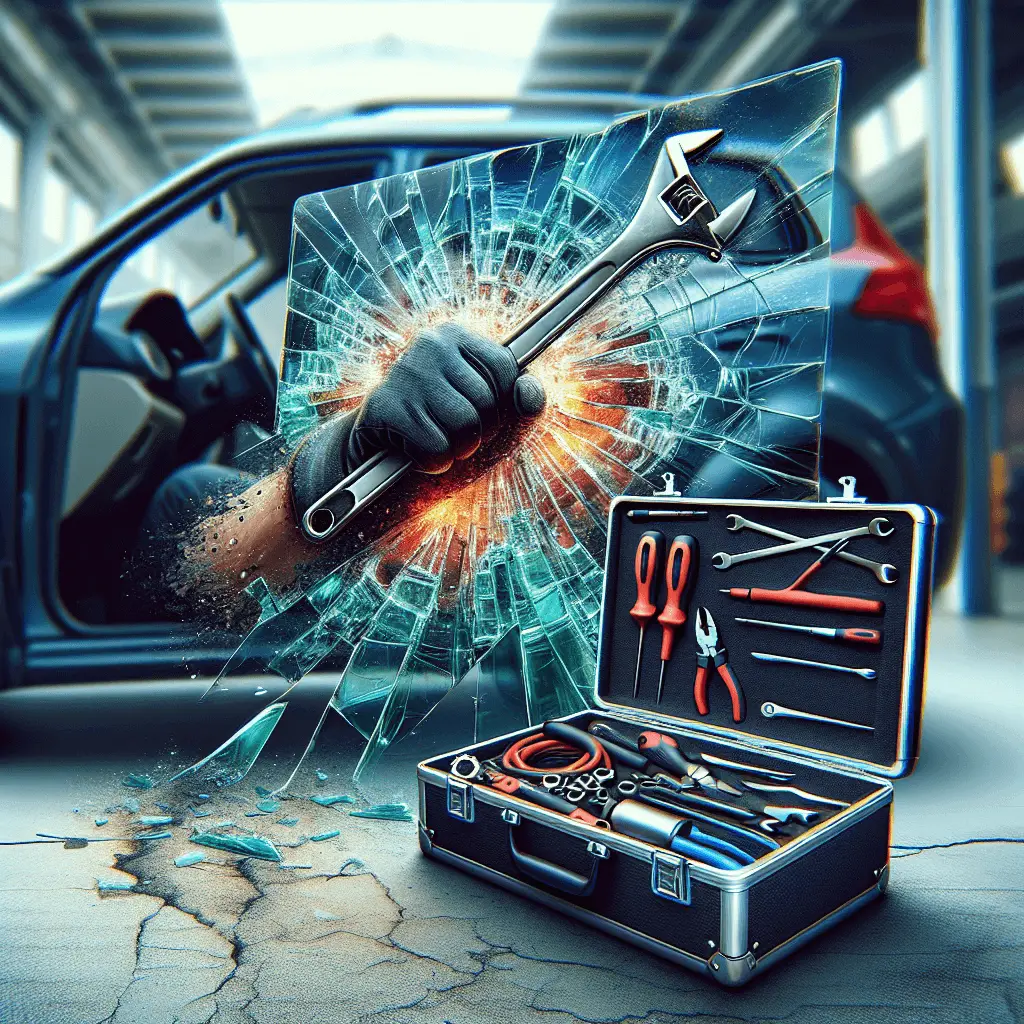10 FAQ’S
1. How often should I change my car’s oil?
– The recommended oil change interval varies by vehicle and the type of oil used, but it’s typically around every 3,000 to 5,000 miles. Consult your owner’s manual for specific guidelines.
2. What are the common signs of brake problems?
– Common signs include squeaking or grinding noises, a soft or spongy brake pedal, vibrations while braking, and a dashboard brake warning light.
3. How can I improve my car’s fuel efficiency?
– Regular maintenance, proper tire inflation, using the right fuel, and driving habits can all contribute to better fuel efficiency.
4. What’s the difference between all-season and winter tires?
– All-season tires are suitable for most conditions, while winter tires offer better traction in cold and snowy conditions due to their special rubber compounds and tread patterns.
5. How do I know if my car’s battery needs to be replaced?
– Signs of a failing battery include slow cranking, dim headlights, and electrical issues. A battery tester can also determine its health.
6. Why is my check engine light on, and what should I do?
– The check engine light can indicate various issues, from minor to serious. It’s important to have a diagnostic scan done to identify the specific problem and take appropriate action.
7. How often should I replace my car’s air filter?
– Typically, you should replace the air filter every 15,000 to 30,000 miles, but it can vary based on driving conditions.
8. What causes a car’s transmission problems, and how can I prevent them?
– Transmission issues can result from poor maintenance, overheating, or wear and tear. Regular transmission fluid changes and careful driving can help prevent problems.
9. What is the cost of replacing a timing belt?
– The cost of replacing a timing belt varies by the make and model of the vehicle and can range from a few hundred to over a thousand dollars. It’s essential to replace it as recommended by the manufacturer to avoid engine damage.
10. How do I choose the right mechanic or auto repair shop?
– Look for certified technicians, read reviews, ask for recommendations, and get multiple quotes. It’s also essential to choose a shop that specializes in your vehicle’s make and model if possible.

